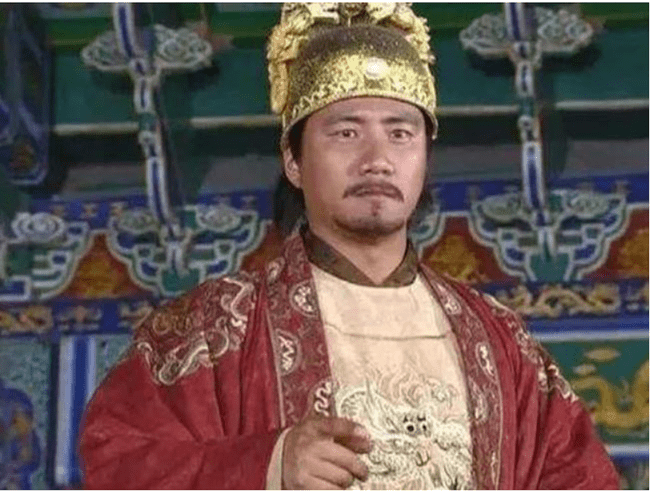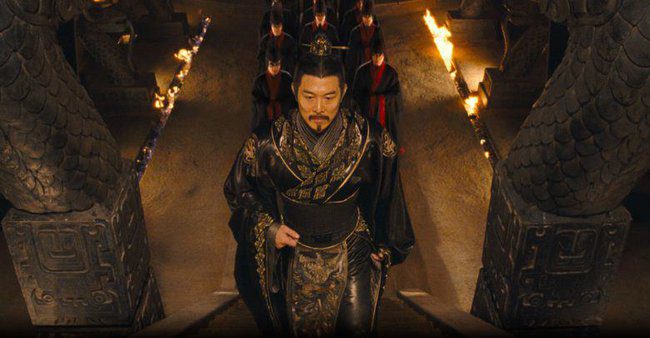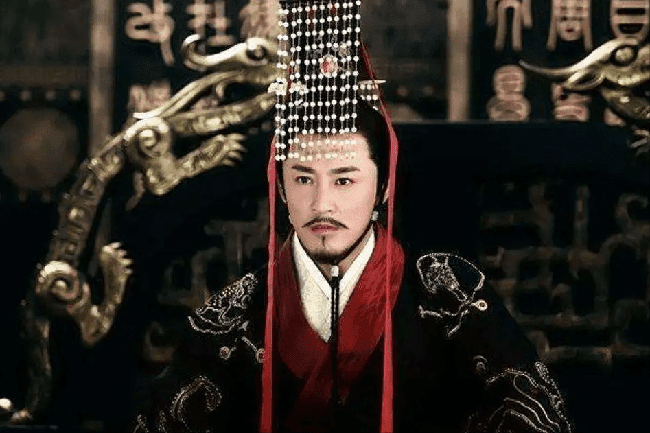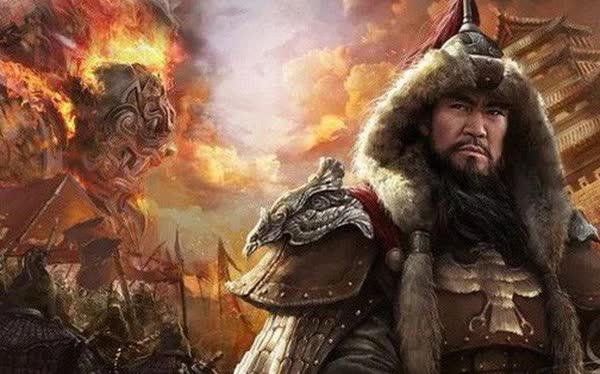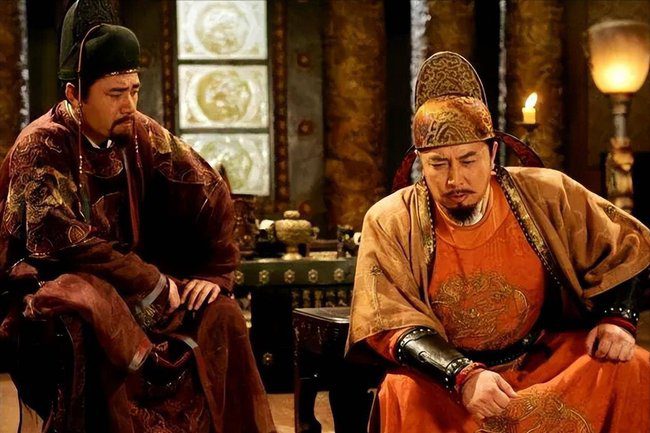Emperors have historically held significant power in China. Throughout Chinese history, there have been many notable emperors, each leaving their unique mark. Some were beloved for their efforts to maintain stability and prosperity for the nation, while others faced criticism for their authoritarian policies, leading to severe unrest among the populace.
So, among all these emperors, who were the most powerful? Who could be considered the greatest emperors throughout the ages?
Below are the top 5 most powerful emperors in Chinese history. Who are they?
5. Zhu Yuanzhang
Zhu Yuanzhang (1328 – 1398), whose real name was Zhu Chongba, was the founding emperor of the Ming Dynasty. His reign is referred to as the Hongwu Era.
Born into a poor family, Zhu Yuanzhang faced immense hardships from a young age, often struggling just to survive. Natural disasters and widespread plague devastated the land, prompting him to lead a peasant revolt against the ruling Yuan Dynasty in 1352. Zhu eventually became a commander of the rebel forces, ultimately achieving victory and establishing the Ming Dynasty in 1368.
With his humble origins, Zhu Yuanzhang understood the plight of the common people. During his reign, he implemented various agricultural policies to encourage farming and rural development.
Moreover, during the Hongwu period, one of his significant achievements was the creation of the “Great Ming Code,” which aimed to govern the people and maintain order through a strict legal framework. This law code consumed a considerable amount of his time and was intended to be comprehensive, ensuring that officials did not misinterpret the laws.
Additionally, Zhu Yuanzhang was known for his strict measures against corruption among officials, ensuring that the administration remained efficient and just.
Zhu Yuanzhang is regarded as one of the most powerful emperors in Chinese history, having made substantial contributions to the state while also facing criticism for his harsh measures against dissent and the suppression of various religious practices.
4. Qin Shi Huang
Qin Shi Huang (259 BC – 210 BC) was the first emperor of a unified China, having conquered six rival states and ended the Warring States period in 221 BC.
Ascending to the throne at 13, he officially became emperor at the age of 38. He is credited with initiating the centralized imperial system that characterized China’s later dynasties.
During his reign, Qin Shi Huang undertook numerous reforms in both economics and governance. Notable reforms included standardizing currency, weights and measures, and establishing a unified legal code that governed all subjects equally.
However, he is also remembered for his tyrannical rule, characterized by the infamous “burning of books and burying of scholars,” which aimed to suppress dissenting views and consolidate his power.
Qin Shi Huang’s reign marked a significant era in Chinese history, as his policies laid the groundwork for future dynasties and established a centralized bureaucratic system. Yet, his harsh methods led to significant unrest, culminating in the fall of the Qin Dynasty shortly after his death.
3. Emperor Wu of Han
Emperor Wu of Han (156 BC – 87 BC), whose personal name was Liu Che, was the seventh emperor of the Han Dynasty. He is regarded as one of the most powerful emperors, leading the Han Dynasty to its zenith and greatly influencing the course of Chinese history.
Under his rule, the Han Dynasty expanded its territory significantly through military conquests and diplomatic strategies, establishing the Silk Road and promoting trade across Asia and Europe.
Emperor Wu was known for his strong central government, promoting Confucianism as the state ideology and implementing various economic and administrative reforms that contributed to the stability and prosperity of the empire.
His reign is often considered a golden age in Chinese history, marked by advancements in culture, technology, and trade, solidifying the Han Dynasty’s power and influence.
2. Genghis Khan
Genghis Khan (1162 – 1227) was the founder of the Mongol Empire, which became the largest contiguous empire in history after unifying the Mongol tribes in 1206. He is considered one of the greatest military leaders in history.
Genghis Khan is known for his strategic prowess and innovative military tactics, leading his armies to numerous victories across Asia and Europe, establishing a vast empire that facilitated cultural and economic exchanges.
His reign saw the establishment of a centralized political system and the implementation of laws that promoted trade and communication across vast distances, leaving a lasting legacy that influenced the course of history.
1. Emperor Taizong of Tang
Emperor Taizong of Tang (598 – 649) was the second emperor of the Tang Dynasty. He is often regarded as one of the most capable and effective rulers in Chinese history.
During his reign, the Tang Dynasty expanded its territory significantly and established a prosperous culture. Taizong is praised for his administrative reforms, which strengthened the central government and improved the lives of the people.
His reign is viewed as a high point in Chinese civilization, marked by advancements in art, literature, and technology, and he is celebrated for his contributions to the flourishing of Chinese culture.
Source: Sohu, 163, Baidu


